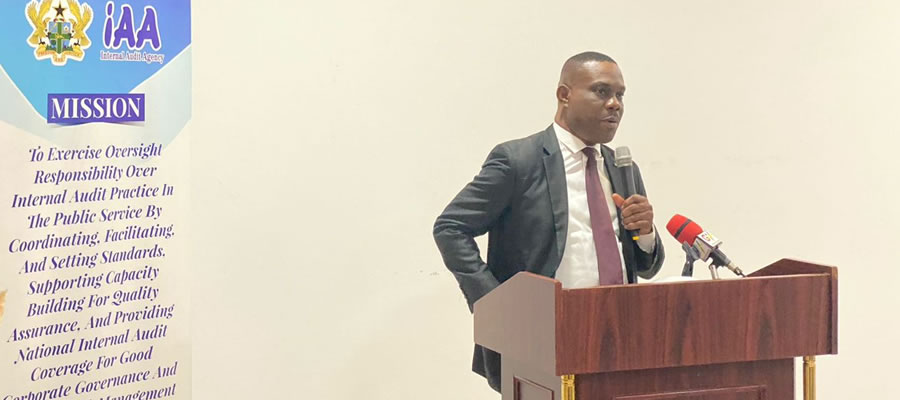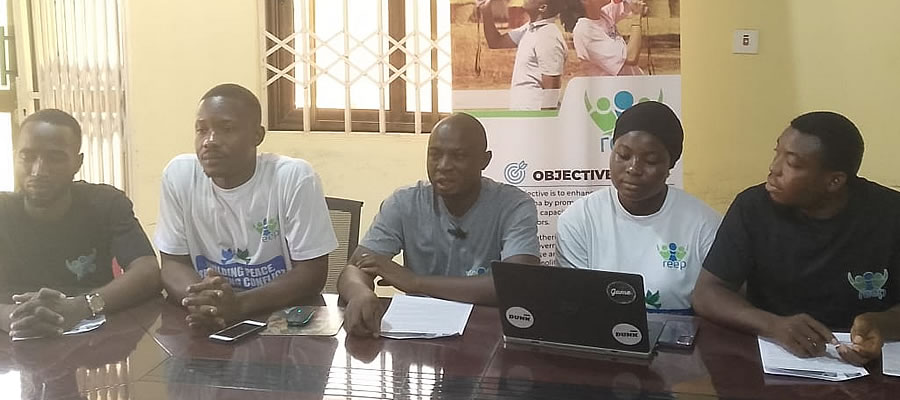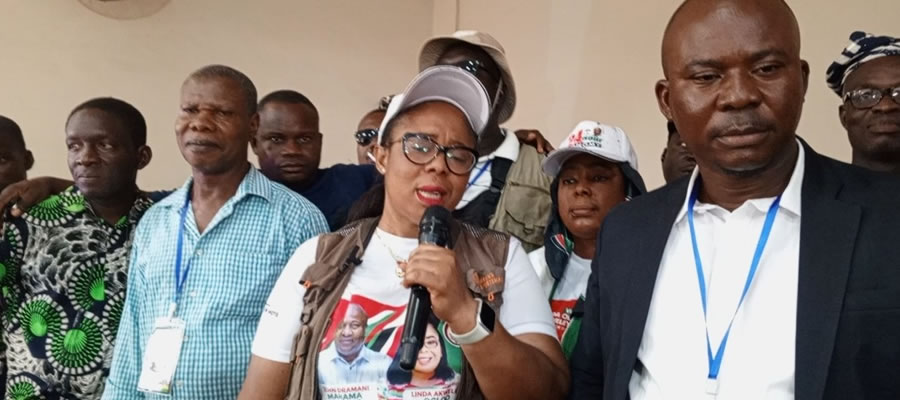

GENERAL
Ghana begins implementation of Global Internal Audit Standards

Date Created : 1/10/2025 : Story Author : Issah Mohammed/Ghanadistricts.com
These standards, initially developed in the 2017 International Professional Practice Framework (IPPF), consist of 52 standards organized into five key domains and further divided into 15 guiding principles.
The standards aim to guide internal audit practices globally and provide a framework for evaluating and improving the quality of internal audit functions.
The implementation of GIAS in Ghana was marked by the launch of the Public Sector Internal Audit (PSIA) practice, designed to enhance the effectiveness of internal audits in the public sector.
Dr. Eric Oduro Osae, the Director General of the Internal Audit Agency (IAA), said that the adoption of GIAS had the potential to strengthen the Public Financial Management (PFM) system, promote accountability, improve financial governance, and reduce corruption.
As the first country to adopt the GIAS for public service practice, he revealed that the IAA has spent the past year developing an implementation roadmap, providing orientation for stakeholders, and reviewing internal audit charters for public institutions.
“After this launch, the IAA would expect PSIAs to indicate the extent of compliance with the standards in their first quarter reports due for submission to the Agency on April 30, 2025,” he said.
Dr. Osae appealed to heads of institutions to cooperate and give internal auditors the space and support to perform their functions in accordance with the standards.
“Internal auditors are advisors, they give you assurance that any transaction you intend to undertake, you undertake it without any hinderance,” he said.
Mr. Joseph Dakora Zumasigee, President of the Institute of Internal Auditors (IIA) Ghana, emphasized that the standards were not simply imported, but were adapted with substantial input from Ghana.
He explained that the collaborative effort between the IAA and IIA Ghana involved extensive consultations with various organizations and individuals to ensure the standards accurately reflected Ghana’s unique perspectives and needs.
“With regards to the Global Internal Audit Standards, they are not standards from somewhere. They are standards that we have been a part of developing” he stated.
He noted that Ghana’s proactive stance in adopting these standards had elevated the country’s standing in the global internal audit community.
Mr. Eric Nathaniel Yankah, Immediate Past Chairman of the African Federation of Institutes of Internal Auditors (AFIIA), said that the timing of these standards was crucial, especially as organizations faced challenges posed by emerging technologies and evolving risks.
“The world we live in is fully occupied with the pearls and mysteries of emerging technologies. Robotics, advanced artificial intelligence, and machine learning have also been infested with growing and seemingly uncontrollable risks, which themselves are behaving like viruses, continually morphing into new risk barriers” he noted.
Mr. Yankah emphasized that while the government and public sector had embraced these standards, it was equally important for the private sector and non- governmental organizations to follow suit.
He also called for legislative support through an Act of Parliament to formally recognize the Institute as a professional body.
According to Mr. Yankah, such legislation would strengthen public sector financial management and ensure adequate protection for internal auditors under international law.










 facebook
facebook
 twitter
twitter
 Youtube
Youtube
 +233 593 831 280
+233 593 831 280 0800 430 430
0800 430 430 GPS: GE-231-4383
GPS: GE-231-4383 info@ghanadistricts.com
info@ghanadistricts.com Box GP1044, Accra, Ghana
Box GP1044, Accra, Ghana